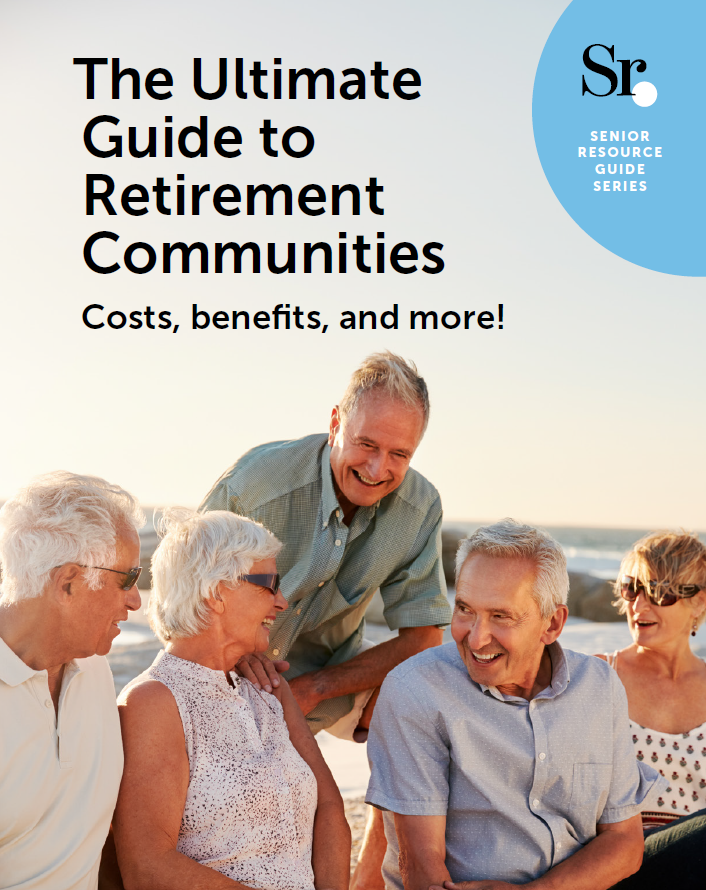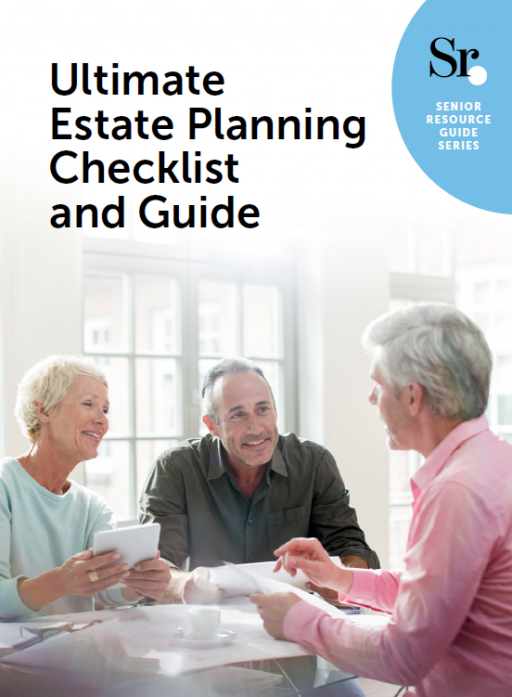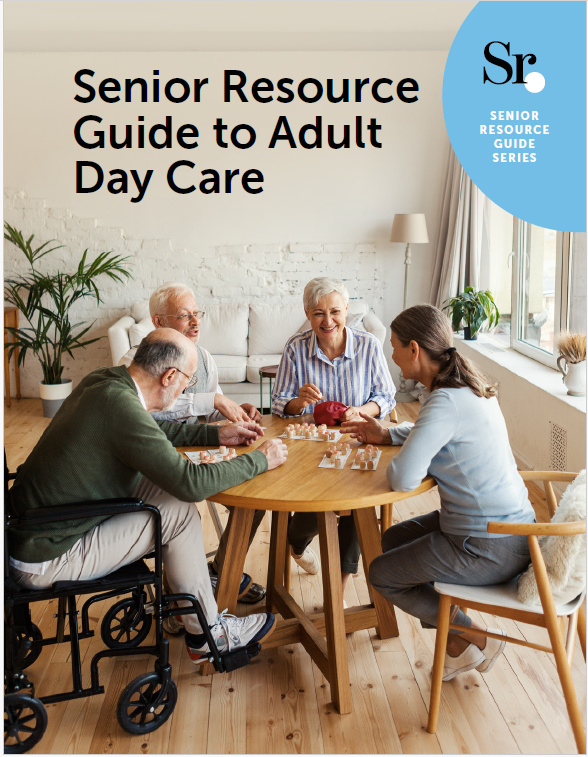10 Tips for Buying a Home in a 55+ Community

From the wide range of activities and clubs to the beautiful homes to the social opportunities, there are countless reasons why an older adult might wish to spend their golden years in a retirement community. If you’re in that boat, I understand your interest. When I found my Del Webb Community, I instantly knew I was home. However, there are a few home-buying tips I wish someone would’ve provided me to help make the move-in process a little easier. Luckily for you, I’m here to be your 55+ community sherpa! Here are 10 tips on buying a home in a 55+ community.
1. Find out if there’s a monthly homeowner’s association fee.
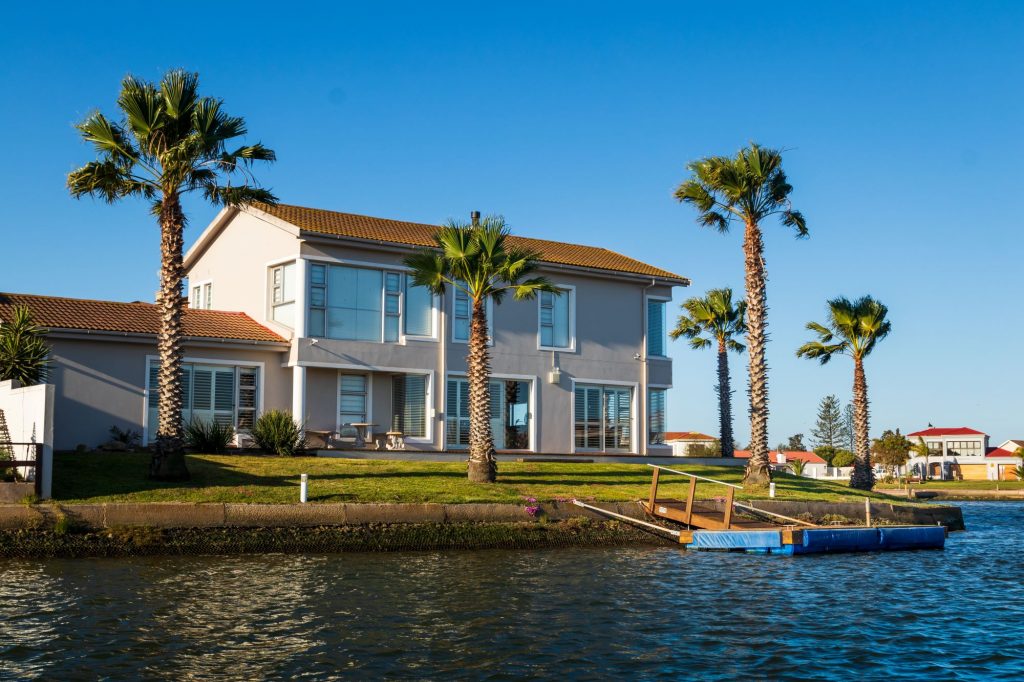
People have different experiences with homeowner’s associations (HOAs). Some may have had negative experiences while others may have nothing but good things to say about their HOA. But before you move into an active adult community, dig a little deeper into the HOA fees. Generally speaking, these fees cover the amenities and cost of maintaining a building’s common areas, including:
- Elevators
- Swimming pools
- Landscaping
- Patios
- Lobbies
- Tennis courts
- Community clubhouse
- Neighborhood parks
Fees also tend to vary greatly in cost, depending on the community and location. The average tends to be around $200 to $300 per month. However, fees can run as high as $1,000 per month! Always make sure you know the fee structure and what that fee covers. Also, find it if the costs are expected to go up. It’s important to get your money’s worth!
2. Get a copy of the HOA documents.

Before you buy, contact the head of the HOA and ask for documents so you can review the rules of the association. Find out the rules for any areas of special interest to you, like pets, additions like building a patio or fence, visitors, children, leasing your property, etc. While most state laws give members the right to examine HOA documents, it’s important to note that state laws do vary. Depending on where you live, you might not have access to HOA documents. However, HOA Management notes that homeowners can typically request documents that contain the following information:
- Governing documents, including the CC&Rs, bylaws, articles of incorporation, community plat, and operating rules
- All board and membership meeting minutes and notices
- Membership lists
- All insurance policies of the association
- Executed contracts of the association
- Documents related to elections and voting
- All accounting and financial records that do not include private information, such as receipts, expenditures, financial reports, audits, reserve studies, and invoices.
- All other official records
3. Research the amenities.

Researching the amenities offered in an active adult community is crucial to determining if it suits your lifestyle and preferences. Take me, for example. I love walking and pickleball, so I wanted to make sure that my active adult community offered clubs based on my hobbies. My recommendation? Start by visiting the official website of the active adult community and look for a section dedicated to amenities or facilities.
If possible, I’d also recommend a visit to the active adult community. While you’re there, take a tour of the amenities, including the clubhouse, fitness center, swimming pools, and other available facilities. This firsthand experience can help you get a feel for the community and determine if it’s the right fit for you and your retirement dreams!
4. Visit the community.
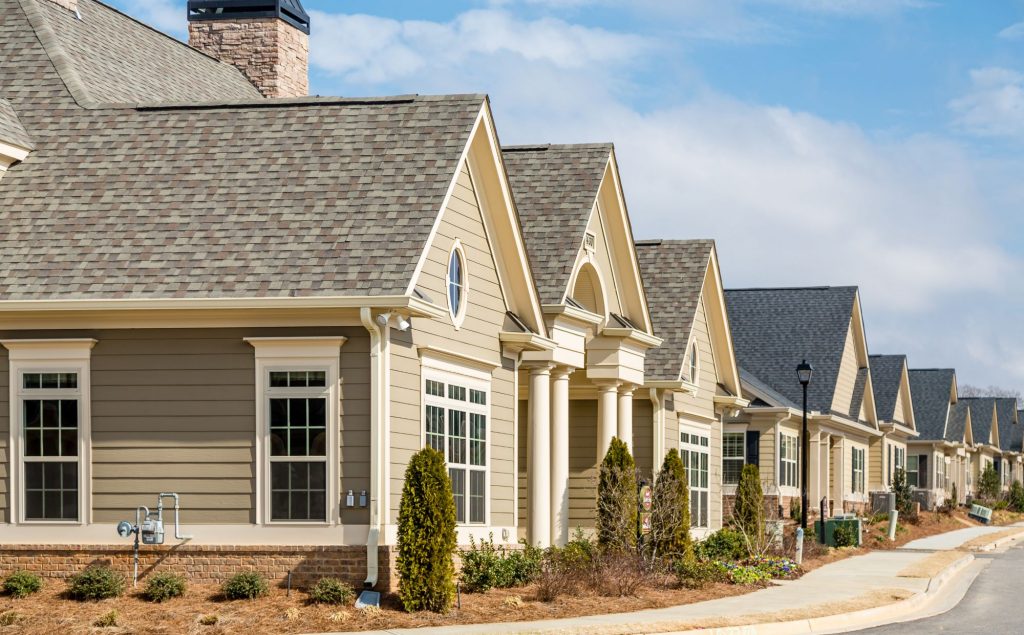
Speaking of visiting a prospective community, I think it’s something you must do at least once! My active adult community is friendly and welcoming, something that I clocked during my first in-person visit. However, no two active adult communities are alike. To decide whether or not a community is the right fit for you, attend community events and talk to current residents to gain insights into daily life and community dynamics. While there, make notes of the community atmosphere. Do people smile at you? Do they seem friendly with you and one another? Is there a clique mentality amongst the residents? Always do your research before you move anywhere!
5. Look at resales, not just brand-new properties.

When researching amenities in an active adult community, make sure that you don’t overlook resale homes in favor of brand-new properties. While the idea of moving into a home that nobody else has lived in is probably appealing to us all, resales tend to be less expensive than their brand-new counterparts. Of course, resale homes might also feature more mature trees and well-maintained outdoor spaces from day one. Plus, the previous owners may have made tasteful changes or upgrades that you can appreciate without shelling out money to make the same adjustments to a brand-new property. Of course, there are pros and cons to each resale homes and brand-new properties that you should carefully consider. Decide what’s best for you and your situation and go from there!
6. Talk with the current residents.

Websites and online testimonials are great, but they can only tell you so much. My advice? Talk to the residents who live in the community and gauge their happiness (or lack thereof). Ask them what they like and don’t like about the community. Additionally, make sure they’re your kind of people. Not every personality type gets along, and that’s okay! However, the residents set the tone for a community, so make sure you’ll be living among people you like. Let’s face it—you’re not going to like everyone. But if everyone in a community seems like a Negative Nancy, I’d suggest you steer clear!
7. Find out the cost of utilities and any related cost of ownership.
Contact the community management or homeowners’ association (HOA) to inquire about the typical cost of utilities and any other expenses associated with homeownership in the community. If you’re considering purchasing a resale home, ask the current or previous owners about their experiences with utility costs and other ownership expenses. They should be able to provide insights into average monthly expenses and any factors that may impact utility costs, such as home size, energy efficiency, and usage habits.
Of course, you can also contact local utility providers (electric, water, gas, and internet service providers) to inquire about rates and average monthly costs for properties within the active adult community. They may be able to provide estimates based on the specific address or property type. And don’t forget the climate! Properties in regions with extreme temperatures may have higher heating or cooling expenses, while properties in moderate climates may have lower utility bills. For example, you may spend a lot of money on AC during those blisteringly hot summer months in Florida. Likewise, you might be shelling out big bucks for heat during those frigid Maine winters.
8. Find out the cost of any upgrades (i.e. appliances, countertops, etc).
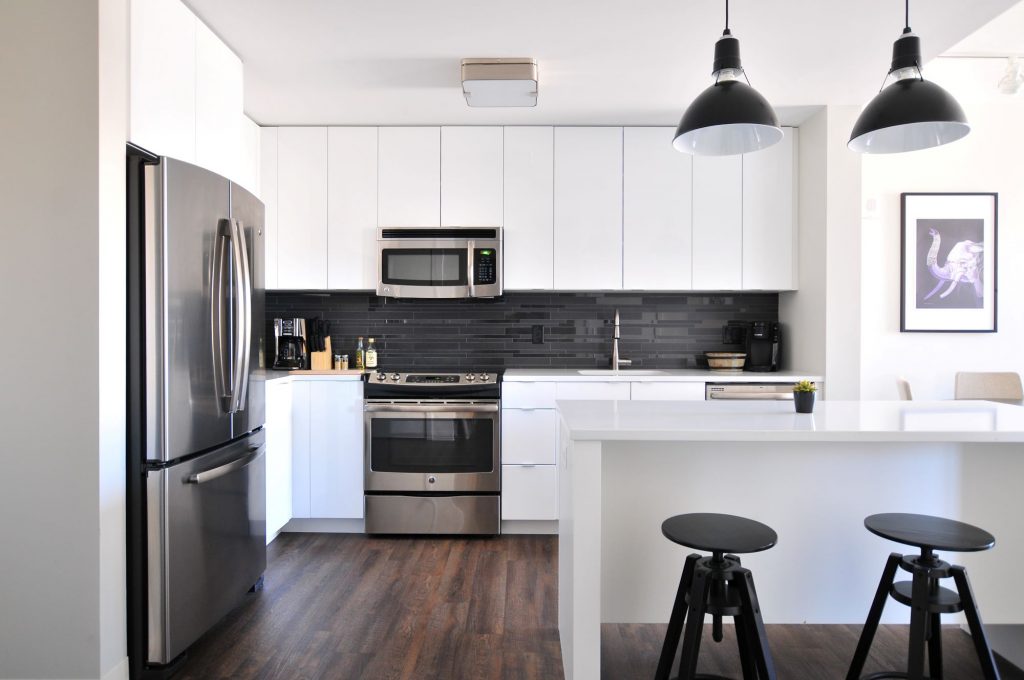
Let’s face it. There’s no such thing as a perfect home. You might not like a certain light fixture or marble countertops. Fortunately, you can always make a change! However, home improvement projects rarely run cheaply. Examine property listings for homes in the active adult community to see if they specify any upgrades or features included with the property. Some listings may detail upgrades such as granite countertops, stainless steel appliances, hardwood floors, or custom cabinetry.
Of course, with HOAs come restrictions. Examine HOA documents to find out more about standard features, upgrade options, and any restrictions or guidelines related to property improvements. I recommend that you inspect these documents thoroughly to understand what is included with the property and what upgrades are permitted. After all, you don’t want to be stuck with that ugly light fixture!
9. Look into the builder/developer of the community.

I’m lucky. As previously mentioned, I live in a Del Webb Community. They have a great reputation and for a thousand and one good reasons! Sadly, not every builder or developer is created equally. Some aren’t great at what they do. Others cut corners to save a dollar here and there, resulting in shoddy craftsmanship. Before you move into any community, always ask yourself the important questions. Is the community just getting started? Is the builder or developer reputable? Here are some other ways that you can research them to make sure they know what they’re doing.
- Start by visiting the official website of the active adult community – Look for information about the developer or builder in the “About Us” or “Our Story” section. The website may provide details about the company’s history, experience, and past projects.
- Online Search – Conduct an online search using the name of the active adult community and terms like “developer” or “builder.” This may lead you to news articles, press releases, or company profiles that provide insights into the developer’s background and track record.
- Real Estate Listings – Explore real estate listings for properties within the active adult community. Listings may include information about the developer or builder responsible for constructing the homes and developing the community.
- Look for online reviews and forums where residents or homeowners discuss their experiences with the developer or builder – Websites like Yelp, Google Reviews, and community-specific forums or social media groups may provide insights into the developer’s reputation and the quality of their work.
- Better Business Bureau (BBB) – Visit the Better Business Bureau website and search for the developer or builder by name. Check for any complaints, ratings, or accreditation status to get an idea of their reputation and customer satisfaction level.
10. Work with a real estate agent.

Consider working with a real estate agent who specializes in 55+ communities. Real estate agents who focus on 55+ communities have in-depth knowledge of the unique features, amenities, and lifestyle offerings of these communities. They can provide valuable insights into the market trends, available properties, and resale values within the community. Of course, they’re often well-versed in the local market dynamics and trends, too! I worked with a 55+ real estate agent, and I can confidently say it streamlined and simplified the process!
Takeaway

I hope these questions will help in your search process. : Once you’ve found a home you like, negotiate terms with the seller or builder. Consider factors such as purchase price, closing costs, financing options, and any upgrades or modifications you’d like to make to the home. By following these tips, you can navigate the process of buying a home in a 55+ community more effectively and find a place that meets your needs and enhances your quality of life in your retirement years. Now, isn’t that what the good life is all about?
Popular Articles About Retirement Communities
Originally published May 31, 2024




